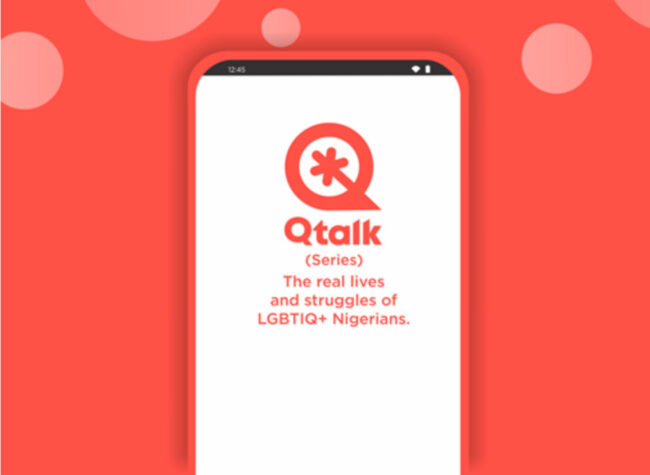LGBTQ+ Nigerians benefit from the support provided by volunteer counselors via the Qtalk app, which is supported by this site and by the St. Paul’s Foundation for International Reconciliation. Download Qtalk from Google Play or the Apple Store.

Bode, a 24-year-old gay man from Nigeria, reached out for counseling on the Qtalk app following a traumatic experience during a recent hookup. He narrowly escaped what he described as a “death trap” and was visibly shaken, scared, and confused.
Bode [identified with a pseudonym for this safety] began the session by expressing a mix of relief and fear. He shared that he had arranged to meet a man through a dating app, something he had done several times before. However, this particular encounter took a terrifying turn.
“I didn’t think much of it at first,” Bode shared during the session. “But as soon as I entered his apartment, I knew something was off. There were two other men there, and they started talking about how people like me deserve to be punished. I thought I was going to die.”
He explained that the men attempted to extort money from him, threatening to expose his sexuality to his family and community—an act that could have severe social and legal consequences in Nigeria. Bode managed to escape the situation by convincing them that he needed to retrieve his bank card from his car, at which point he immediately fled the scene by driving away.
Throughout the session, Bode expressed feelings of intense fear, shame, and anger. He was particularly troubled by how close he came to severe physical harm or even death. He also felt a deep sense of betrayal and disillusionment, as the hookup had started as an innocent pursuit for connection in a society where being openly gay is dangerous.
The counselor validated Bode’s feelings, emphasizing that his fear and distress were entirely natural given the circumstances. The counselor also acknowledged the trauma of the event and suggested coping strategies, such as grounding exercises, deep breathing techniques, and seeking support from a trusted friend or community member who understands his situation.
Bode was encouraged to consider reporting the incident to local LGBTQ+ organizations that might provide further support and guidance, though he expressed concerns about confidentiality and the potential risks involved.
By the end of the session, Bode showed signs of relief, though his anxiety remained high. He was given information on additional resources, including LGBTQ+ support groups that could offer ongoing assistance.
The session concluded with the counselor reaffirming Bode’s strength in surviving the ordeal and expressing the importance of taking time to heal. The counselor scheduled a follow-up session to continue processing the trauma and to develop a safety plan for future interactions.
Source: African Human Rights Media Network member Erasing 76 Crimes.
To support the Qtalk project financially, click HERE.
COMMENTS